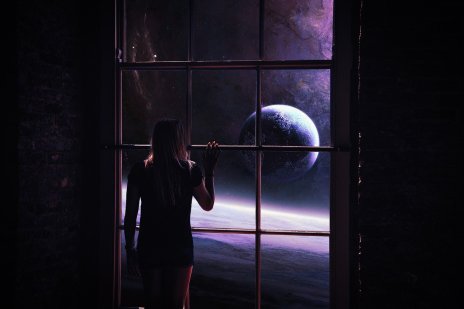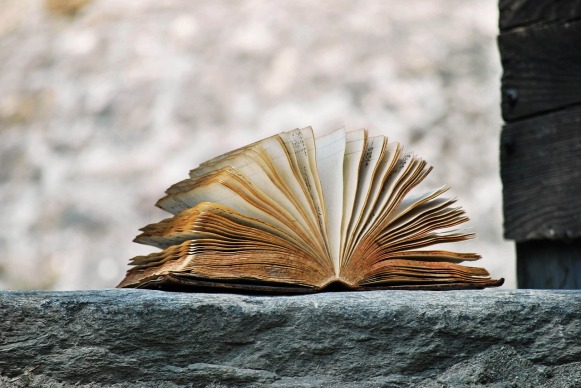
Yes, the title is inspired by the title of one of my favorite books – Love in the Time of Cholera.
I don’t think the current situation with Coronavirus or COVID-19 needs any explanation or introduction. Its nasty reputation precedes it!
Now for the serious part…
For the last eight days, I have found myself trapped on treadmills of worry due to Corona’s widespread and assorted effects. Numbers and deaths are rising, but our data is unreliable and we don’t really know what is right at this point, if we have already hit the peak or not. Most of our freedoms have been curbed for the foreseeable future, and I have realized I am more of an extrovert than I believed. The pain of separation from friends is not to be taken lightly. People are frightened, and the media is whipping us all further into a mass frenzy of terror with their constant coverage. Ignorant remarks online likening Corona to the Black Death are not helping.
One of my fears came true today – a lay-off, hopefully only temporary, but unsettling nevertheless. I haven’t been unemployed in the past twelve years and though I have no intentions of working in the travel industry for the rest of my non-retired life, I would rather work there than have no job at all.
Work on my manuscript ground to a halt about ten days ago. This massive interruption may put a dent in my plans to publish this year. Though I knew I did not have the means to hire an editor, I did intend to have my novel typeset, have the covers designed by a professional, and set up a website. Depending on how long this lay-off lasts, publication may not take shape at all this year.
So where do I go from here? I don’t remember the last time I felt this adrift. I have a great deal of fear now, and I sense the great fear in the collective consciousness too. I fear for my family and friends who are older or somehow immuno-compromised. I don’t want to see mass amounts of people die. But I also fear the aftermath of this nightmare. When the smoke clears and COVID-19 has been contained, where will our society be and how will it recover? Will these lockdowns ultimately do more harm than good? How many will continue to suffer from poverty and mental anguish? How many businesses closed forever, how many dreams shattered? Are we heading into a second Great Depression, a sustained period of social and political unrest? How many divorces, suicides, spirals and relapses into alcoholism and drug abuse will we see in the months to come as a result of isolation, unemployment, and desperation?

But, whatever is going on, creativity never ceases. The muses do not really sleep. They’re always awake, kindling fires deep in the subconscious, whispering in our ears. My creativity has been strangled this last week by so much worry. Perhaps now that one of my biggest fears is manifested and “purged” if you will, I can focus again.
I must focus. There’s really no choice, I suppose.
I have always had a strong spirituality, and I will turn to this in the trying weeks to come. My writing has also always been a safe haven for me in times of sadness, and it will be so very much now. My critique group will continue online for however long it must, which should give me some inspiration to continue. Friends have checked in on me through text or phone calls and I live with family, so my lot could be much worse. Facebook video chat is pretty cool, and so are the streams of operas and plays, and virtual museum tours.
I suppose I should use this “down time” to put my nose to the grind stone and edit like a hurricane. I certainly can’t say I’m just too busy this week or burnt-out from work. I just need to pull my attention from the insanity going on outside my door and look inward, to the mysterious place of dreams and inspiration.
Times of adversity don’t last forever…but the writerly spirit does. I will continue to remind myself that this is but a temporary limbo, that every day of worry is one we will never have to repeat, one day closer to a cure or a drop off in cases and deaths, one day closer to the end of lockup –er, lockdown.
One last insight. Like many Americans, I am accustomed to a rather cushy life. Aside from the usual nonsense and glitches of daily existence, my experiences of discomfort have been mostly fleeting and highly personal. I have never lived through a global crisis of this sort and magnitude. My book is set during a tumultuous time that took place over a span of several years. Hopefully, an economic crash does not unravel the very social order of the United States and tip us into something even more frightening and destructive — like a revolution. I now find myself with a whole new admiration for other humans who lived through times of darkness and uncertainty. The day to day stress of such things is extraordinary and coping with it and moving forward takes strength. Humanity’s survival through so many ghastly happenings is a testament to the amazing durability of the human spirit.
One thing’s for sure…I will never again take dining out or sitting with a journal and some coffee at Panera for granted ever again.
Be well, and write on. ❤







